Gandhiji's global appeal resonates with people like Nelson Mandela, Martin Luther King, Aung San Suu Kyi and Barack Obama, and with innumerable scholars and students of universities around the world. It is our national misfortune that the Prime Minister of India should be the one failing to acknowledge the Legend that is Gandhi.
The movie 'Gandhi', directed by Sir Richard Attenborough, was released in 1982. The Tolstoy Ashram was shot in Panvel near Pune. Well-known Marathi film director Raj Dutt went to meet him at that time. He asked Attenborough, “All the countries of the world have legendary heroes who led the fight for their nations’ freedom. Washington in America, Eamon de Valera in Ireland, Lenin in Europe, Mao in Asia. They are all great, how come you chose Gandhi over them for your film?” Attenborough’s response to him was poignant. He said, "Patriots who fought for the freedom of the country with swords were born in all the countries of the world. But the Mahatma who won the freedom of the country without arms happened only in your country and his name was Gandhi." Raj Dutt told me about this when he directed a movie based on one of my novels. At that time, we were both deeply moved. But Gandhi's greatness was recognized by the whole world as much as it was by Attenborough, and well before him too.
1) Born in 1869, Gandhi became a barrister and moved to South Africa in 1893. His miraculous accomplishments in the 21 years he lived there surprised the whole world. founded an Ambulance Corps of around 1100 volunteers in support of the British in the Anglo-Boer War of 1899-1902. They carried wounded soldiers to medical camps and hospitals. Once a soldier was carried by his team for 40 miles. Gandhi alone carried him on his shoulders for some of those miles. In recognition of this service, the British government awarded Gandhi the Victoria Cross, their highest military honour which he later returned after the Jallianwala Bagh massacre.
2) While in South Africa, he wrote about the oppression of the blacks by the white government there. It was published by all the prominent newspapers all over the world. Enraged by that, the local whites detained his boat while he was at the sea with his family. As a result, he and his family had to stay on that boat for 21 days. Even later, stones were pelted at him and he was covered in blood. At that time even some white lawyers suggested him to file a complaint with the police. But Gandhi refused by replying, "I will not complain against those with whom I want to live." It was during this period that he was thrown out of the train with his belongings onto the platform in Johannesburg. During all this time, he also stayed in the government prison there for many days. Kasturba, who accompanied him on his 1200-mile padayatra – (walking and connecting with people for a cause), also had to dwell in prison.
3) After returning to India in 1915, he moved the Bombay Pradesh Congress Committee in 1917 to pass the resolution to release Sawarkar in. Later he the same resolution was passed in 1919 in the national convention of the Congress held at Kakinada. (Devotees of Sawarkar may not remember this now.) Later, Gandhi and Kasturba went to Ratnagiri to see Sawarkar.
4) In the meantime, the farmers' movement of Champaran was successful under his leadership and he wrote the entire report of the Jallianwala Bagh massacre and submitted it to the Congress party while staying in Amritsar.
5) Lokmanya Tilak who was one of the most prominent national leader during this period had also proclaimed 'Gandhi will lead this country after me'.
6) In the 1919 elections held under the Montesquieu Chelmsford Act, the Gandhi-led Congress won a majority in the country's central legislature, and barrister Vitthalbhai Patel, Vallabhbhai's elder brother, became its president. In the later period, the country won all the national and provincial elections held till 1937 under the leadership of Gandhiji. During this period, Khilafat, non-cooperation, Dandi march, personal satyagraha also took roots under Gandhi's leadership in the country.
7) It was during this period that Rabindranath Tagore called Gandhiji 'Mahatma' while Netaji Subhash Chandra glorified him as 'Father of the Nation'.
8) In 1942, under his leadership, the world-famous movement of 'Chale Jav' took place. He was arrested and imprisoned until 1945. He spent 13 years in prison in India.
9) The country became independent in 1947; but Gandhi, who fought all his life for independence, could experience it only for six months. On January 30, 1948, Godse killed Gandhiji.
10) Attenborough's film was made 35 years after that.
11) The first Marathi biography of Gandhi was written by Avantikabai Gokhale in 1918. It has a foreword written by none other than Lokmanya Tilak. Later, Romain Rolland, the French Nobel Laureate author, wrote a comprehensive biography of Gandhi in 1927. Louis Fisher, Will Durant also authored his biographies. There are more than one lakh books available in the world today that contain biographies of Gandhiji or references to him and his ideology.
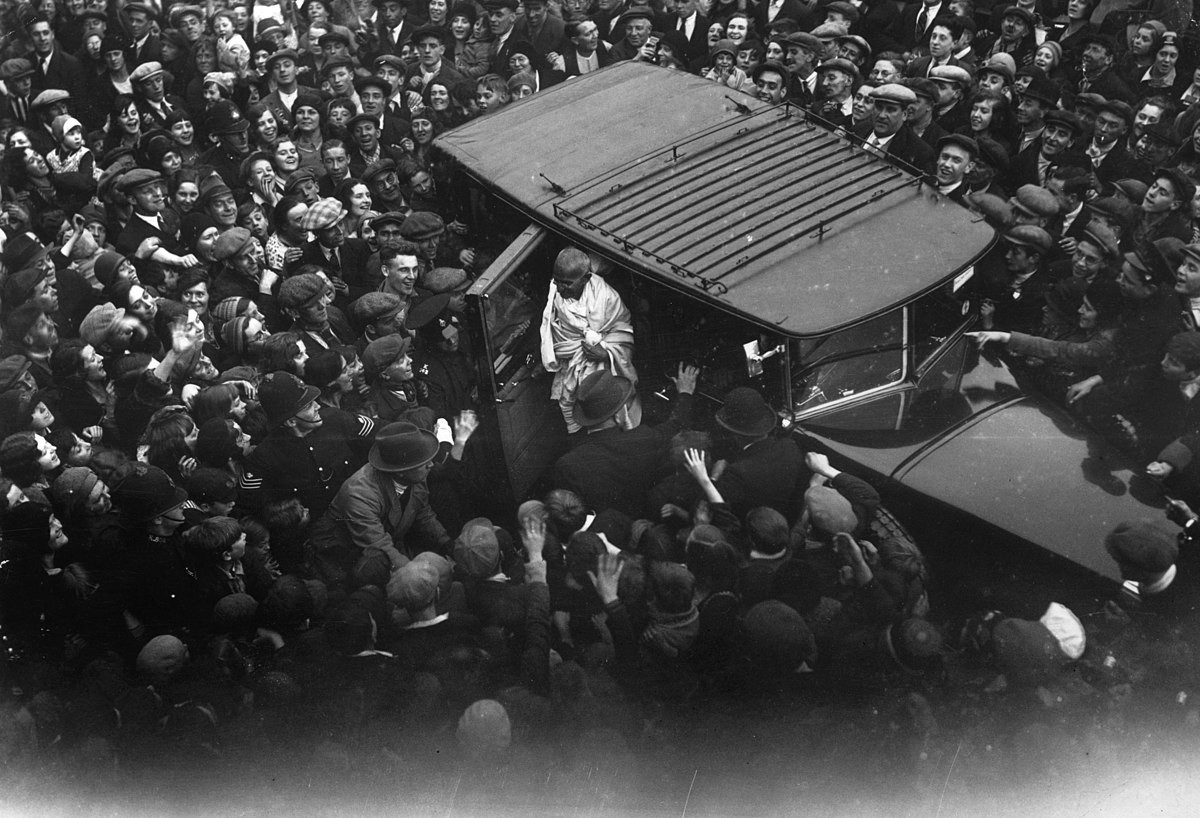 (An admiring London crowd gathers to witness the arrival of Mahatma Gandhi. 22 September 1931. Image - Wikimedia Commons)
(An admiring London crowd gathers to witness the arrival of Mahatma Gandhi. 22 September 1931. Image - Wikimedia Commons)
12) When Gandhiji visited England for the Round Table Conference, all who’s who of the British Society, from political leaders to actors, writers, painters, artists to common people thronged to see and meet him. Churchill alone did not come to meet him because of his grudge towards Gandhi. Later, when Ghanshyamdasji Birla and Meeraben narrated the story of Gandhiji's unparalleled life accomplishments to Churchill, he regretted his actions immensely. And 'If Gandhi sends me a letter, I will come to see him,' he wrote to the then Governor General of India, Lord Wavell. Gandhiji in turn simply told the Governor General, 'I am ready to welcome everyone'.
13) In the year 2000, BBC News handpicked ten thousand people from all over the world and asked them all one question. These people included presidents of nations, prime ministers, army generals, political and social researchers, geniuses, Nobel laureates and influential authors of different countries. The question asked was simple and great. 'Who was the best human being having lived in the world in the thousand years from 1000 AD to 2000 AD? Out of these ten thousand, 8,886 people took the name of 'Gandhiji'.
Gandhiji's global appeal resonates with people like Nelson Mandela, Martin Luther King, Aung San Suu Kyi and Barack Obama, and with innumerable scholars and students of universities around the world. It is our national misfortune that the Prime Minister of India should be the one failing to acknowledge the Legend that is Gandhi.
A great man with an extraordinary life and universal popularity was born in this country, if he was introduced to Narendra Modi through Attenborough's film, it would be a matter of inadequacy of the gentleman who calls himself Vishwaguru. And if he believes Gandhi was introduced to the world by the movie, it’s sheer nescience, no less. But we have no reason to be surprised by this audacity. He is the same man, the same leader who forgot his own alma matter - the Rashtriya Swayamsevak Sangha – the parent organization of his political party BJP. It’s not a matter of great regret if he does not remember Gandhi, no, sir!
I just want to ask one question – Does this Gujarati remember that Gandhi was Gujarati by birth, or…?
- Suresh Dwadashiwar
sdwadashiwar@gmail.com
(The author is a senior journalist and editor.)
- Translated by Rucha Mulay
kartavyasadhana@gmail.com
Read the article in Marathi here.
वाद निर्माण झालाच आहे, तर हे पुस्तक खरेदी कराच..!
'गांधी' हा चित्रपट येईपर्यंत महात्मा गांधींना जगात फारसे कोणी ओळखत नव्हते, अशा आशयाचे अज्ञानमूलक व हास्यास्पद विधान परवा भारताचे पंतप्रधान नरेंद्र मोदी यांनी केले. त्यानंतरचे दोन दिवस ते देश-विदेशात प्रचंड मोठ्या टीकेचा व उपहासाचा विषय बनले आहेत.. अशा पार्श्वभूमीवर, ब्रिटिश दिग्दर्शक रिचर्ड अॅटनबरो यांनी दिग्दर्शित केलेल्या (1982 मध्ये प्रदर्शित झालेल्या) हिंदी व इंग्रजीत उपलब्ध असलेल्या त्या चित्रपटाकडे अनेकांचे लक्ष वेधले गेले आहे. सात ऑस्कर अवॉर्ड मिळालेला तो सिनेमा उत्तम आहेच, त्यामुळे तो जरुर पाहायला हवा.
मात्र तो सिनेमा निर्माण करण्यासाठी व त्याची पटकथा लिहिण्यासाठी मुख्य आधार होता : अमेरिकन लेखक लुई फिशर यांनी 1949 मध्ये लिहिलेले Mahatma Gandhi : His Life and Times हे इंग्रजी पुस्तक.. अर्थातच हे इंग्रजी पुस्तक अप्रतिम आहे. आणि या पुस्तकाचा तितकाच अप्रतिम मराठी अनुवाद वि. रा. जोगळेकर यांनी केलेला आहे. हे मराठी पुस्तक साधना प्रकाशनाने 2019 मध्ये प्रकाशित केले आहे. हार्डबाउंड स्वरूपातील 750 पानांच्या त्या पुस्तकाची किंमत 800 रुपये आहे.
हे पुस्तक amazon वरून आणि साधना प्रकाशनाच्या वेबसाईटवरूनही खरेदी करता येईल. अर्थातच साधना प्रकाशनाच्या कार्यालयातूनही मागवता येईल.
साधना प्रकाशन
431, शनिवार पेठ, पुणे 30
Mob 70582 86753
sadhana.prakashan@gmail.com
महात्मा गांधी : जीवन आणि कार्यकाळ
हे पुस्तक amazon वरून खरेदी करण्यासाठी लिंक..
https://amzn.in/d/9H4WMPy
Tags: modi gandhi mahatma gandhi gandhi the film acknowledgement charisma political analysis satire Load More Tags

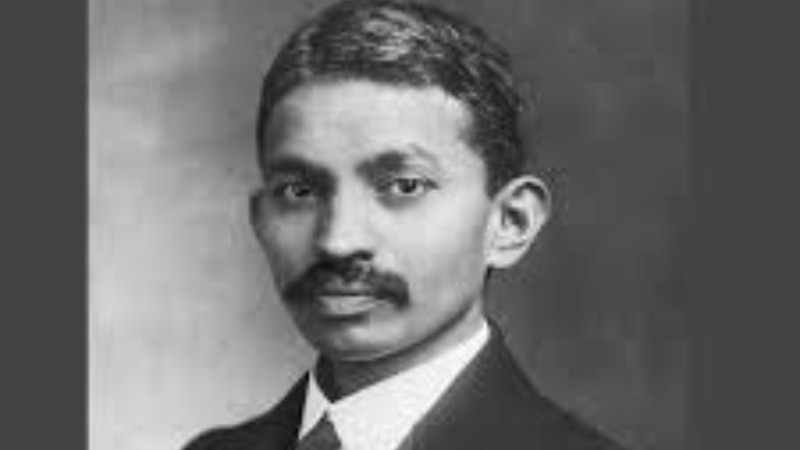
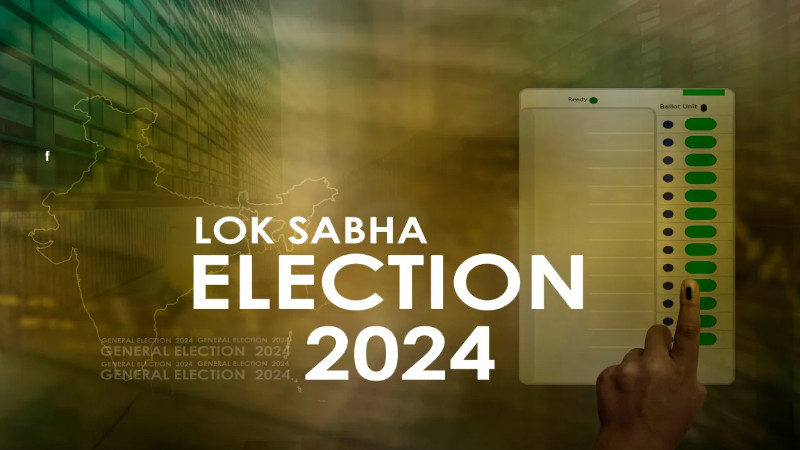
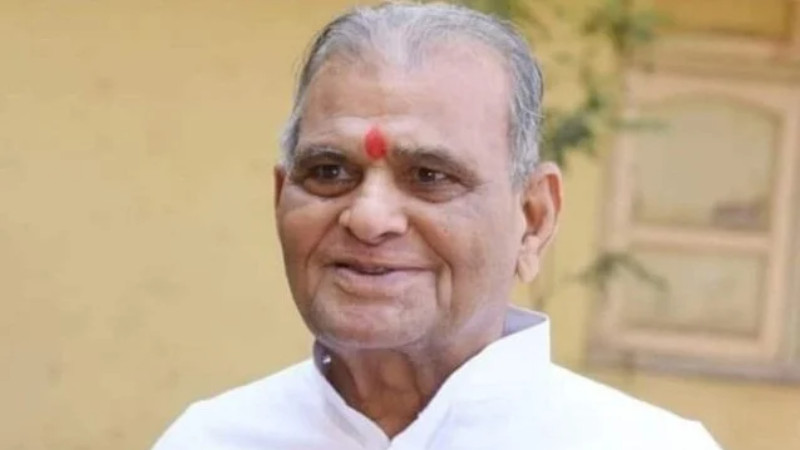
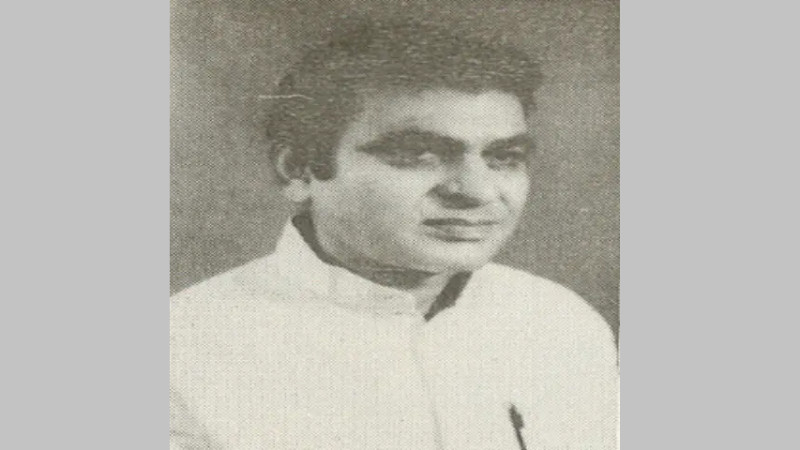
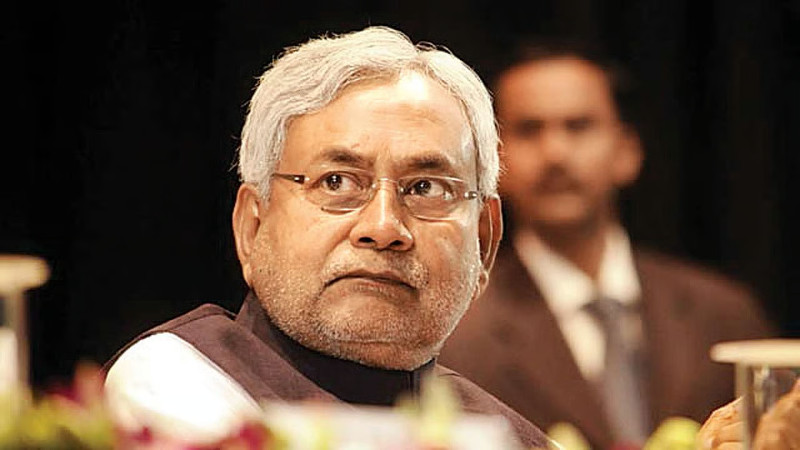
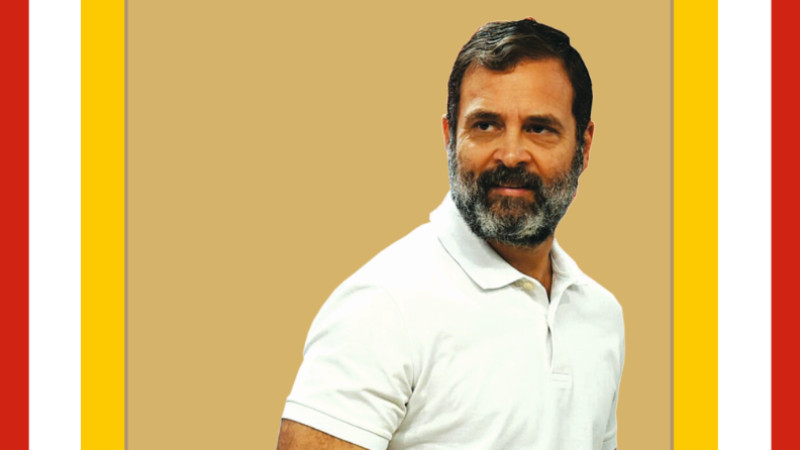

























Add Comment